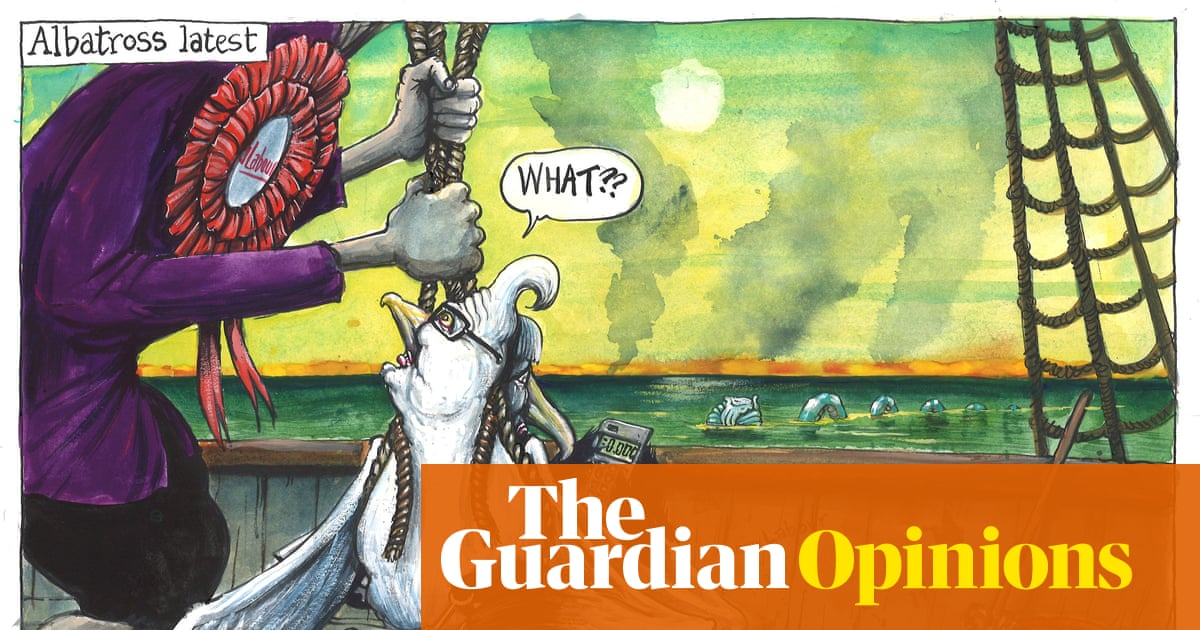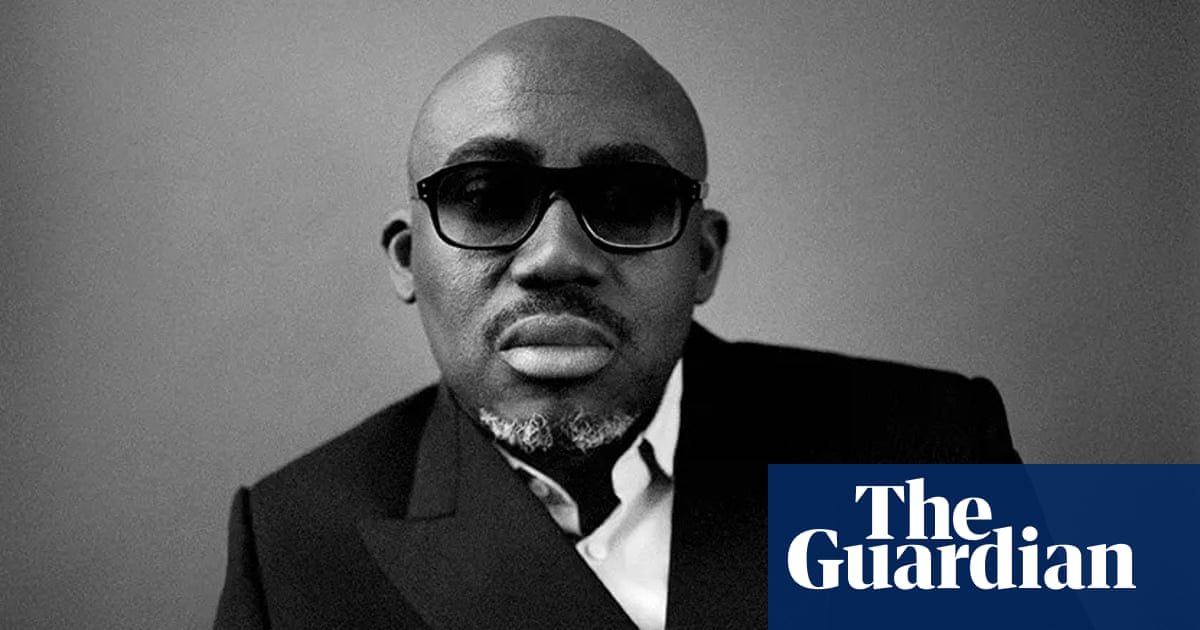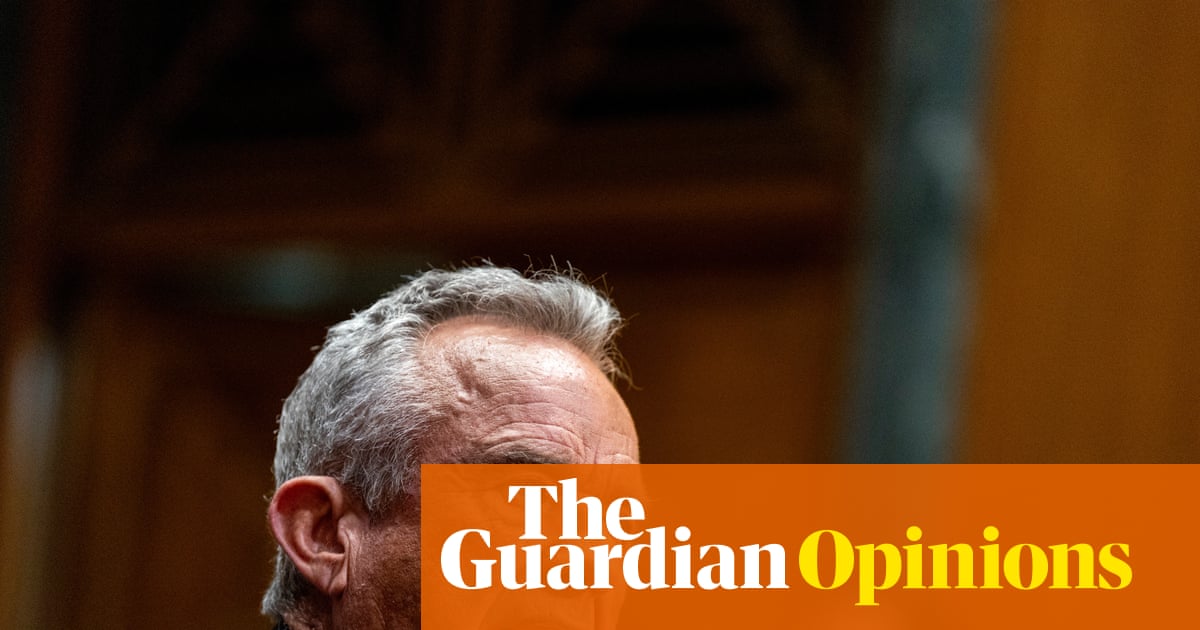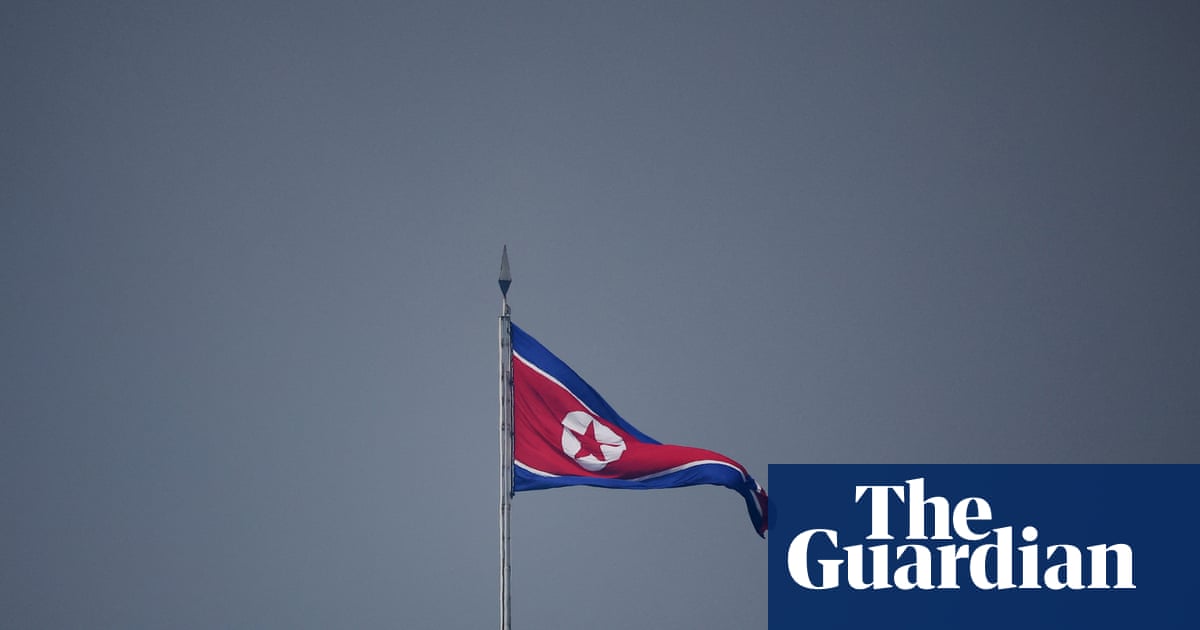Donald Trump-style blanket travel bans on foreign citizens could be “viable” in the UK, Kemi Badenoch has said after giving a speech about law and immigration.
The Conservative party leader said she had not seen Trump’s list of banned countries but said: “I think there are scenarios where that is viable.”
Earlier this week the US president signed a travel ban on 12 countries, including Afghanistan, Iran, Myanmar and Haiti, citing national security risks. Nationals from those countries will not be allowed to enter the US unless they qualify for an exemption. Seven other countries will face partial restrictions.
Asked whether she would ever consider implementing a similar system in the UK, Badenoch said: “Parliament needs to be able to decide who comes into the country, for how long, and who needs to leave, and that does include travel bans. On a country-specific basis it’s much tougher, it’s often more vague. But I think there are scenarios where that is viable.”
She added: “That doesn’t mean that I agree with what Donald Trump has done, I haven’t actually seen the list of countries that he’s banned people from. I’m much more focused on … what’s happening here.”
Badenoch was speaking at the Royal United Services Institute, a defence thinktank in Whitehall, where she announced the launch of a legal process to determine whether the Conservatives would endorse calls for the UK to leave the European convention on human rights (ECHR).
The Tory leader faced questions about her party’s collapsing popularity compared with the surge of Nigel Farage’s Reform UK. Her party came fourth in the Hamilton, Larkhall and Stonehouse byelection for the Scottish parliament overnight.
Labour beat the Scottish National party in a surprise result, winning 8,559 votes and a majority of 602. Reform UK finished third on 7,088 votes and the Tories were a distant fourth on 1,621.
Asked about the result, Badenoch said the Scottish constituency was “not the place where the Conservative party fightback starts”.
She said: “We live in a very competitive political environment, and we have made it very clear that the situation has changed and we have to be different, and that is what my job is right now – to change the Conservative party to make sure we can fight in an era of multiparty politics.”
Badenoch insisted that “every week it gets better and better”, amid questions about her performance as Tory leader.
“People often assume that the minute you come into a job like the leader of the opposition, that’s it, you’re ready to do it,” she said. “It actually takes quite a while to learn how to do the job, and what I have been saying is that every week it gets better and better. Every week I have more experience.
after newsletter promotion
“And this is what every leader of the opposition has found, from Margaret Thatcher to David Cameron, that is what it has been like. So when people assume that what they see on day one is what they’re going to get in four years, they’re completely forgetting that so much happens, the situation changes.”
In her speech, Badenoch said the ECHR had become a “sword” to “attack democratic decisions” and that nearly all her shadow ministers had complained that it presented obstacles in their portfolios.
She said she had asked David Wolfson, the shadow attorney general, to examine the consequences of withdrawing from the ECHR, with a decision to be announced at the Tory conference in October.
She said she was “not convinced” by remarks from the head of the Council of Europe, which oversees the ECHR, who said the convention must adapt.

 3 months ago
44
3 months ago
44

















































